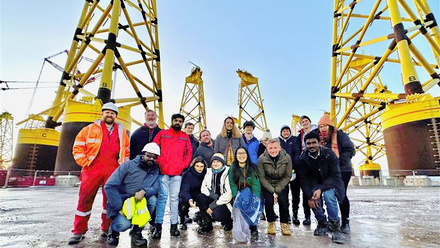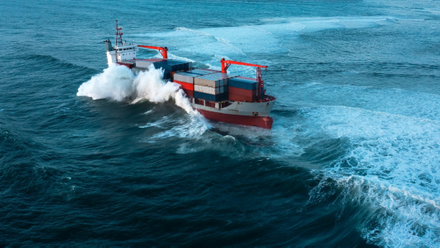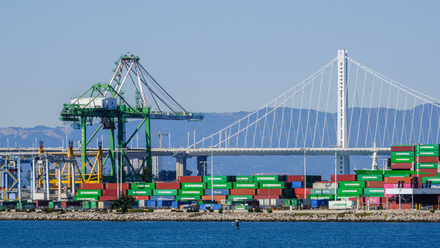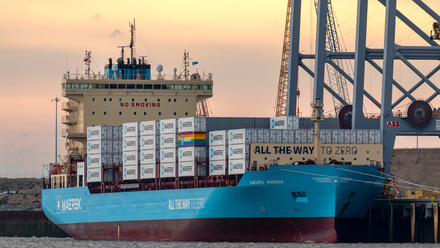Ship management in spotlight amid global tension
IMarEST’s new Special Interest Group (SIG) launches against backdrop of rising geopolitical, economic and sustainability challenges.
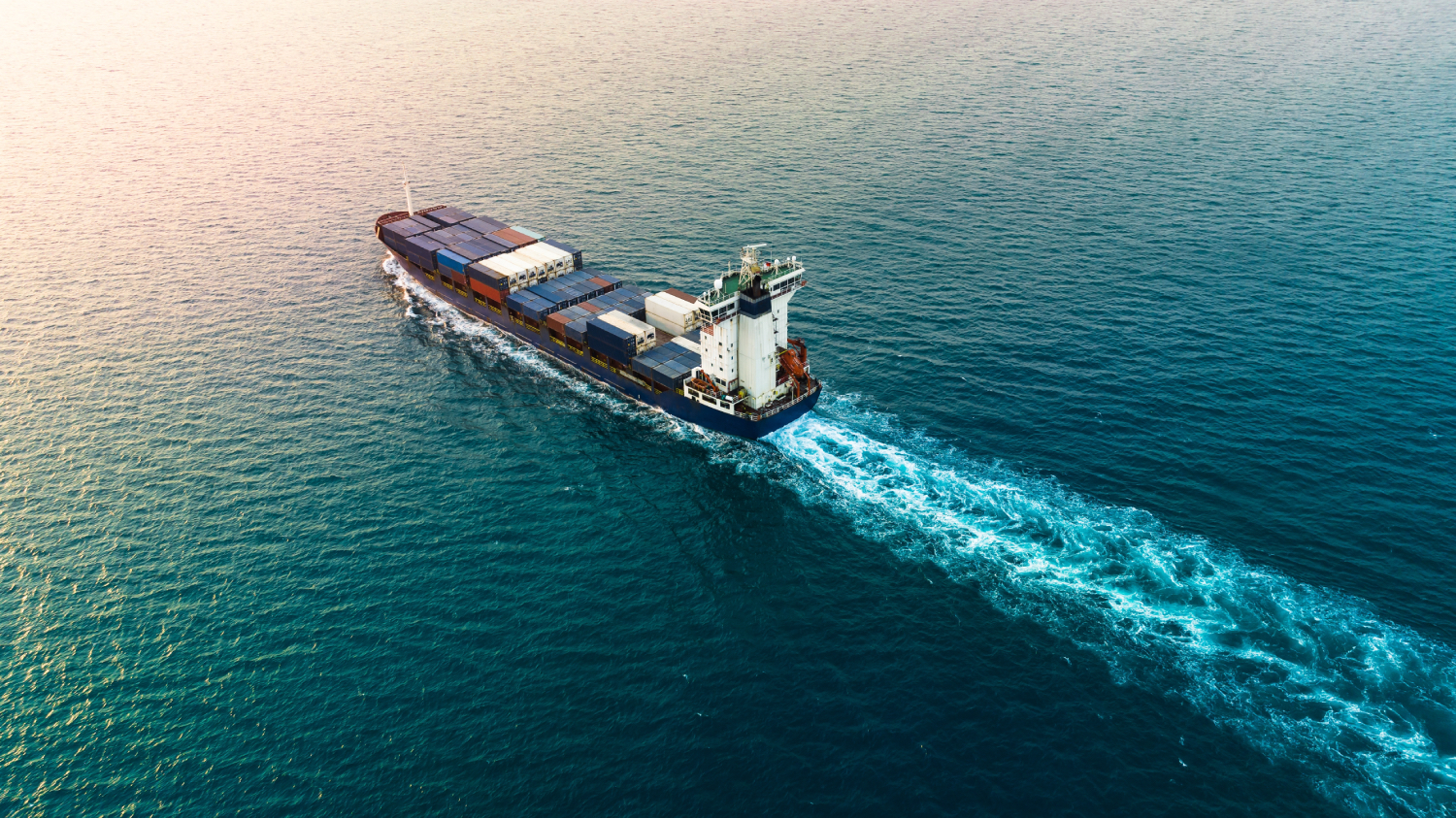
With geopolitical tensions on the rise in the Middle East, Ukraine and beyond, economic headwinds gathering and net zero targets weighing increasingly heavily, there’s perhaps never been a more pressing need for ship managers to share their expertise and collaborate on some of the important issues facing the industry.
Given the importance of seaborne global trade to our modern way of life, global prosperity and peaceful connections between nations, it seems right that those professionals managing the commercial fleet are fully supported and their expertise constantly updated through IMarEST’s recently launched Ship Management SIG.
“Ship management is a core area of shipping businesses and many members of IMarEST are associated with ship management activities,” says Dr Kaushik Roy, an IMarEST Fellow, Chartered Master Mariner and Marine Technologist not to mention government adviser. “Ship management and seafarers go through continuous changes and challenges and it’s important to keep this segment vibrant and up to date, as 90 percent of world trade is [via sea].”
The aim is to bring together professionals, enthusiasts, and experts from around the world with an interest in this area; the new SIG held its inaugural online meeting in July.
“The group consists of those with a common interest in world trade by sea, focusing on humans, health, safety, environment, quality, security, technical, operations, regulations, and [the] overall performance of ships and seafarers,” states Dr Roy, who hopes the SIG will provide opportunities for IMarEST members to make a difference. “Huge interest has been received in joining the group.”
The group will meet formally every three months – the last Thursday of the 3rd month at 1200 GMT, online – with discussions and document sharing taking place through the IMarEST Connect platform. The year ahead promises regular meetings, discussions and webinars, looking at different ship management issues and how to resolve them.
The importance of SIGs
Active engaging with SIGs can help develop valuable and relevant skills including communication and presentation and can provide useful experience and knowledge about policies and regulations in the marine sector, and how these are established. There are also opportunities to help influence international practices concerning ship management activities through the creation of position papers, technical reports and policy statements.
“While our individual knowledge and experience are limited, collective knowledge and experience together with diversity is endless,” Dr Roy enthuses. “No one is perfect, therefore it’s a platform to gain further knowledge.”
Dr Roy encourages members to join up and play their part in shaping the future of this vital industry: “This SIG is an example where members without boundaries may join, share their thoughts, improve world trade with shipping, and solve issues with ship management. Come and join us - you will be heard, recognised, and valued for your participation and help.”
Those interested in taking part should head to the Ship Management SIG page and begin their journey to strengthen not just their own career but also the health and resilience of the wider industry.
Image: cargo container ship sailing in sea; credit: Shutterstock.
Tell us what you think about this article by joining the discussion on IMarEST Connect.

